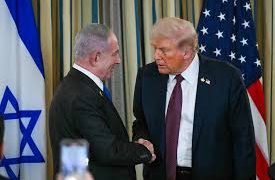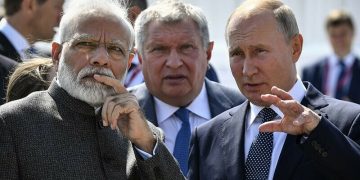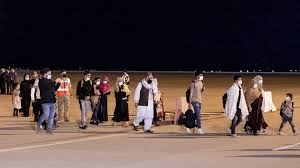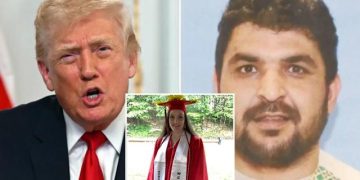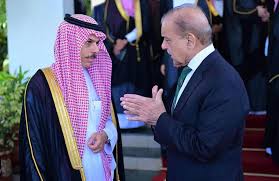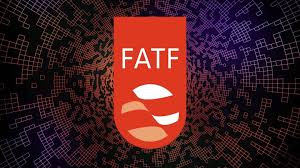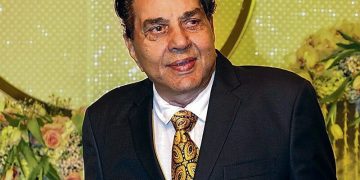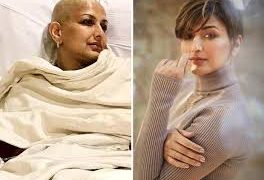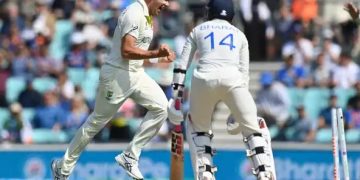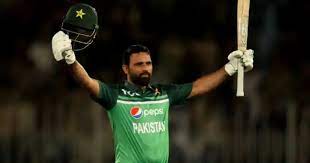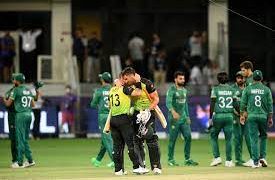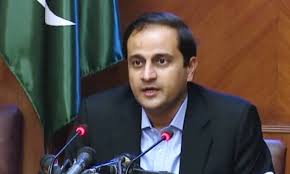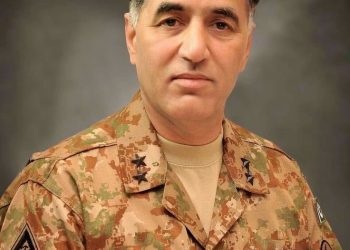Umar Khalid, a PhD from Jawahar Lal Nehru University (JNU) was arrested by the Indian government under the draconian Anti-Terror Law and Unlawful Activities (Prevention) Act for allegedly working as a catalyst to flare up anti-communal violence in February by Delhi police.
The 2016 Jawaharlal Nehru University sedition case thrust both Kanhaiya Kumar and Umar Khalid into public spotlight. And there was little that separated the two in terms of their revolutionary thoughts, fearlessness, and activism. Except for one thing — their identities.
Today, Kanhaiya Kumar, a top leader of the Communist Party of India (CPI) in Bihar, enjoys the freedom to build upon his political career while Umar Khalid stares at a long period in jail, with no certainty when the trial in his case could begin and no idea about where the case might end up.
Those present on location on the day of the incident claim that Umar Khalid in his address to the onlookers gave a message of peace, humanity and unity and said nothing that could be considered anti-state or anti-Hinduism but all the people caught on camera with weapons continue to roam free till this day.
Who was behind it all?
BJP leader Kapil Mishra made a short speech calling for forcefully removing anti-Citizenship Amendment Act protesters at Jafrabad, a “Report of the Fact-Finding Committee on the North-East Delhi Riots of February 2020” noted after the fact.
Over the next three days, mobs fanned out across the district targeting Muslims as they raised slogans ranging from “Jai Shri Ram” to “Har Har Modi”, “Modi ji, kaat do in mullon ko (Modi, cut these Muslims into pieces)” and “Aaj tumhe azadi denge (today, we will give you freedom)”.
53 people were killed in the violence while hundreds were injured and property worth hundreds of crores was destroyed.
Police refused to register many complaints of Muslim victims, including the most glaring example of the Mohan Nursing Home shooting and hence no investigation took place on it and other such concerning matters and incidents.
It has also been claimed that charge-sheets were filed by police against Muslims that were accused of illegal acts and the entire narrative has been changed to one of violence on both sides rather than a pogrom that was in fact carried out by the majority against a minority.
Investigation Committee formed on the matter also said that “investigations were purposefully misdirected to change the narrative of the cause of violence.”
A fact-finding report states that “violence started in different pockets almost immediately after the short speech of Kapil Mishra.”
The report said the violence that followed was “organised” and had a “systematic pattern”.
It observed that mobs of 100-1000 people fanned out chanting slogans and “selectively attacked Muslim individuals, houses, shops, vehicles, mosques and other property.” In many of the attacks, it said, outsiders were involved apart from local residents.
Further rather than being spontaneous, the report said “the perpetrators positioned themselves strategically in the residential areas” which along with the testimonies revealed that the violence was planned and targeted.
“In some instances, victims were asked to show their ID cards and then targeted on the basis of their faith,” it added.
No ‘actionable evidence’ has been found to link BJP leader Kapil Mishra’s speech to the communal violence, the police maintained.
What is next for Umar Khalid
The arrest of Umar Khalid — a charismatic young voice for secularism and peace — further deepens intense disquiet about the future of dissent in the Indian Republic
In an open letter to Delhi Police Commissioner S.N. Shrivastava, the People’s Union for Civil Liberties (PUCL) claimed that at least five persons were forced to make confessions, and that the actual number may be higher. In other criminal cases related to the Delhi violence, people have reported being similarly coerced during police interrogation.
It’s a long and treacherous road for the likes of Umar Khalid and those bearing similar names in India, lest you forget, ‘Butcher of Gujrat’ is at the helm and Gujarat of 2002 still rages on.
I will end this write-up with an excerpt from a Faiz Ahmed Faiz ghazal:
نثار میں تری گلیوں کے اے وطن کہ جہاں
چلی ہے رسم کہ کوئی نہ سر اٹھا کے چلے
جو کوئی چاہنے والا طواف کو نکلے
نظر چرا کے چلے جسم و جاں بچا کے چلے

